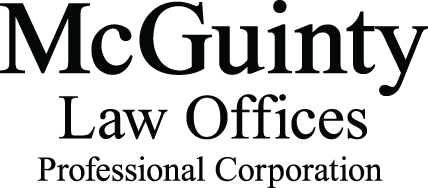
23 Dec Refinancing Your Mortgage During the Pandemic: 3 Things to Consider
According to a survey, over 63% of Canadians have experienced a negative financial impact during the coronavirus pandemic due to lack of business or losing their jobs. The widespread financial disruption has resulted in people looking for alternative solutions to save money.
In times like these, the decision of the Bank of Canada to cut interest rates has helped offset the economic shocks from the pandemic. This has also given Canadian people a great option to reduce the amount of monthly mortgage payments on their homes. However, before you rush off to the back to take advantage of the lower interest rates or to pull out equity for some additional funds during this difficult time, here are a few things you need to keep in mind:
You Might Have to Pay A Penalty for Breaking Your Current Mortgage
The terms of every mortgage are different depending on the lender you used. There is usually a penalty fee within the mortgage contract, which you must pay in case you try to break the mortgage early. However, you might be able to get a lower penalty amount if you approach the same lender for refinancing your mortgage as your original mortgage. It is also possible to work out a blended interest rate and extend the terms of your mortgage with your existing mortgage provider for an increased loan amount if you qualify for payments.
The Refinancing Process Can Take Some Time
Refinancing your property is not as easy as going to the bank and asking to change your mortgage to the new interest rates. There are several steps in the process, such as reviewing your old mortgage, evaluating the property, completing all the other paperwork, and finally getting the funds transferred to your bank account. Make sure you are prepared for the process and hire reliable legal representation to guide you through the process.

Make Sure You Qualify
Before applying for refinancing, keep in mind that you might be required to provide some documentation to qualify for the new interest rates and the additional funds. The bank could ask you to provide employment verification, which can be difficult for many people during the pandemic due to the massive layoffs. You’ll also need a 680-720 credit score minimum to ensure the bank that you have a good credit history and will make the payments on time.
Talk to Qualified Real Estate Attorneys in Ottawa
McGuinty Law Offices is one of the leading firms in the Ottawa area, offering the services of skilled and qualified real estate attorneys. Our attorneys have extensive experience represented numerous homeowners buy and sell their properties over the last 25 years. We provide excellent legal services and help our clients conduct various transactions within the real estate industry safely and without the least amount of hassle.
Talk to our team today to get professional advice about refinancing your mortgage or any other real estate transactions.



